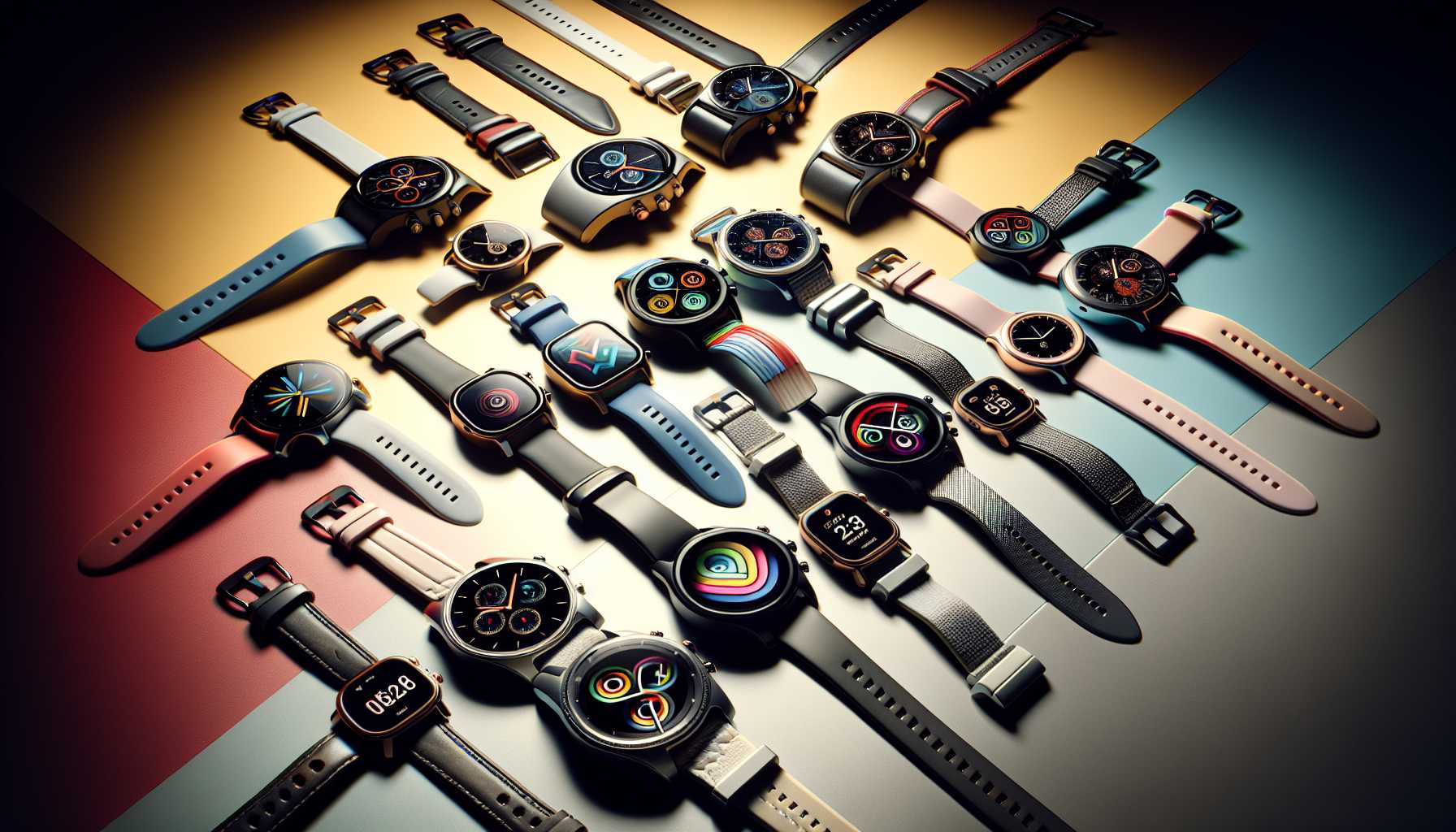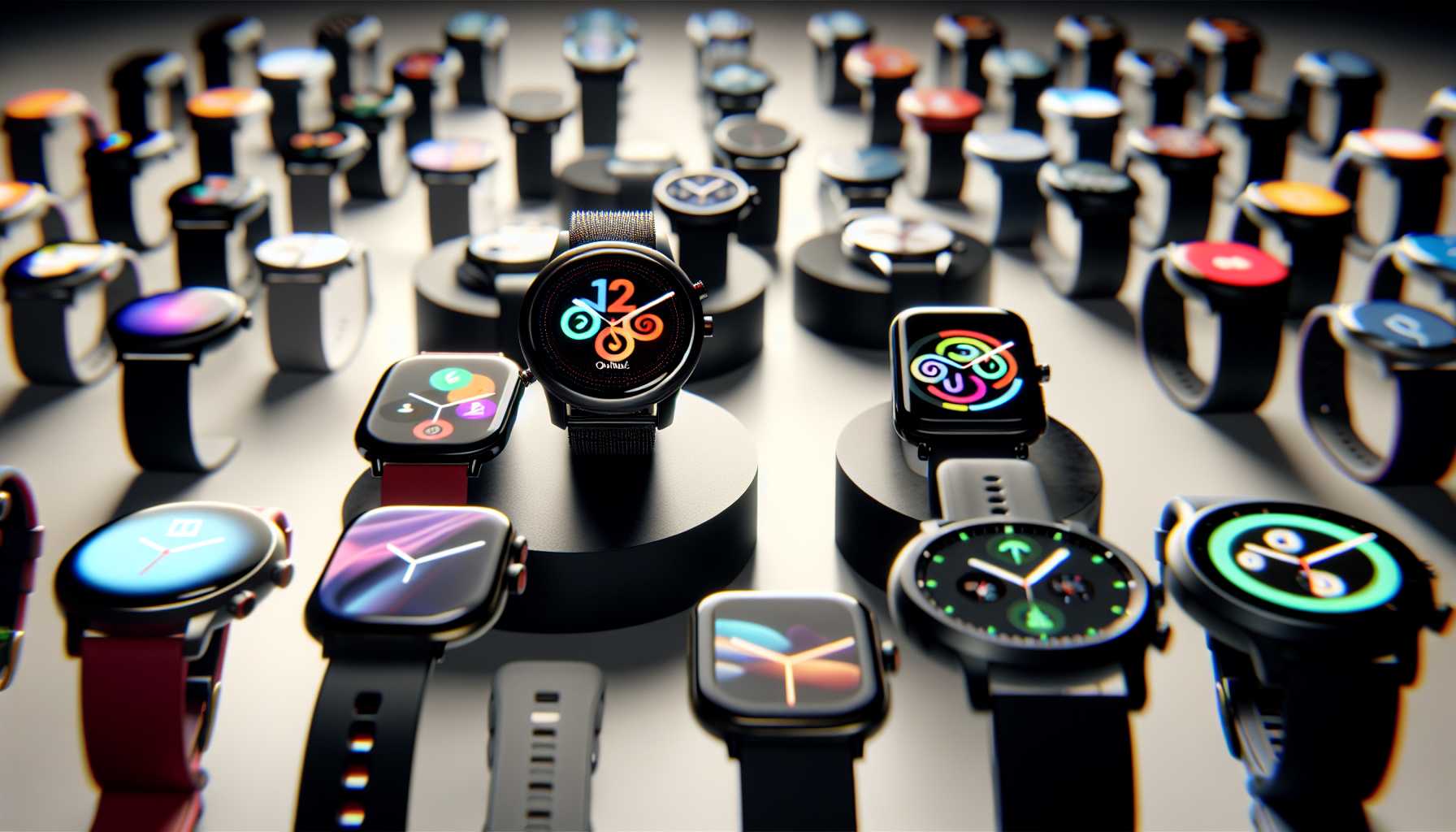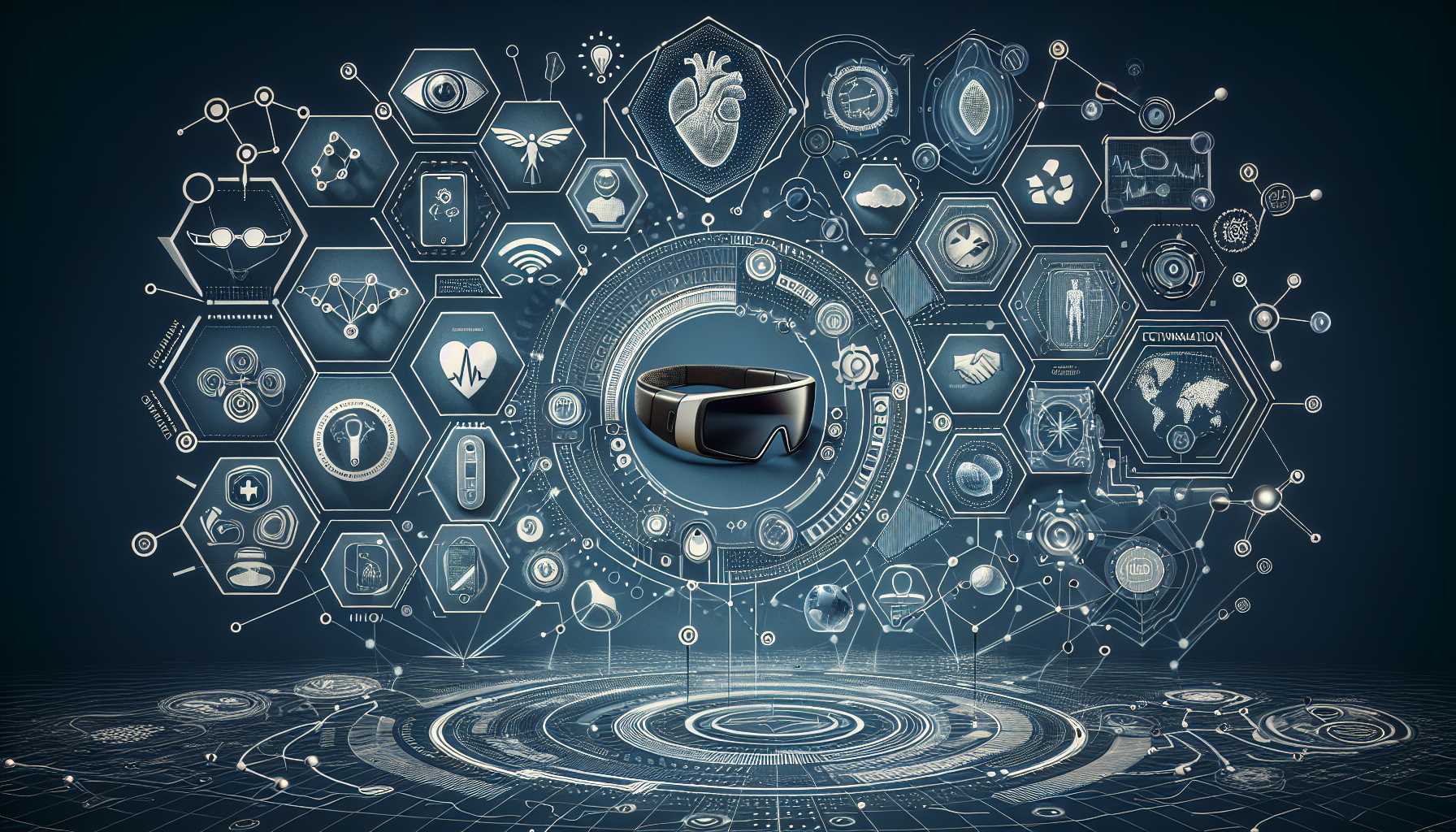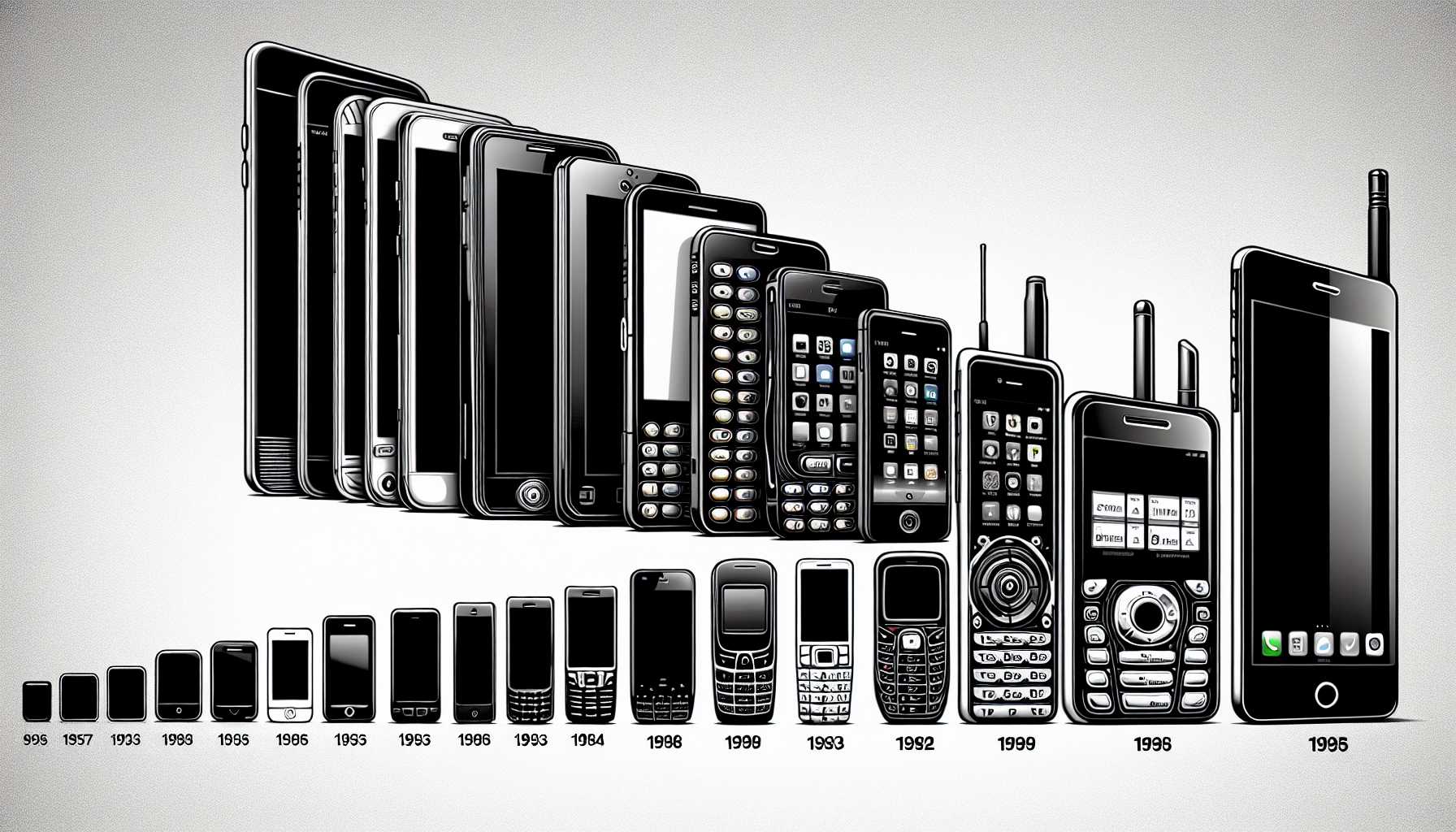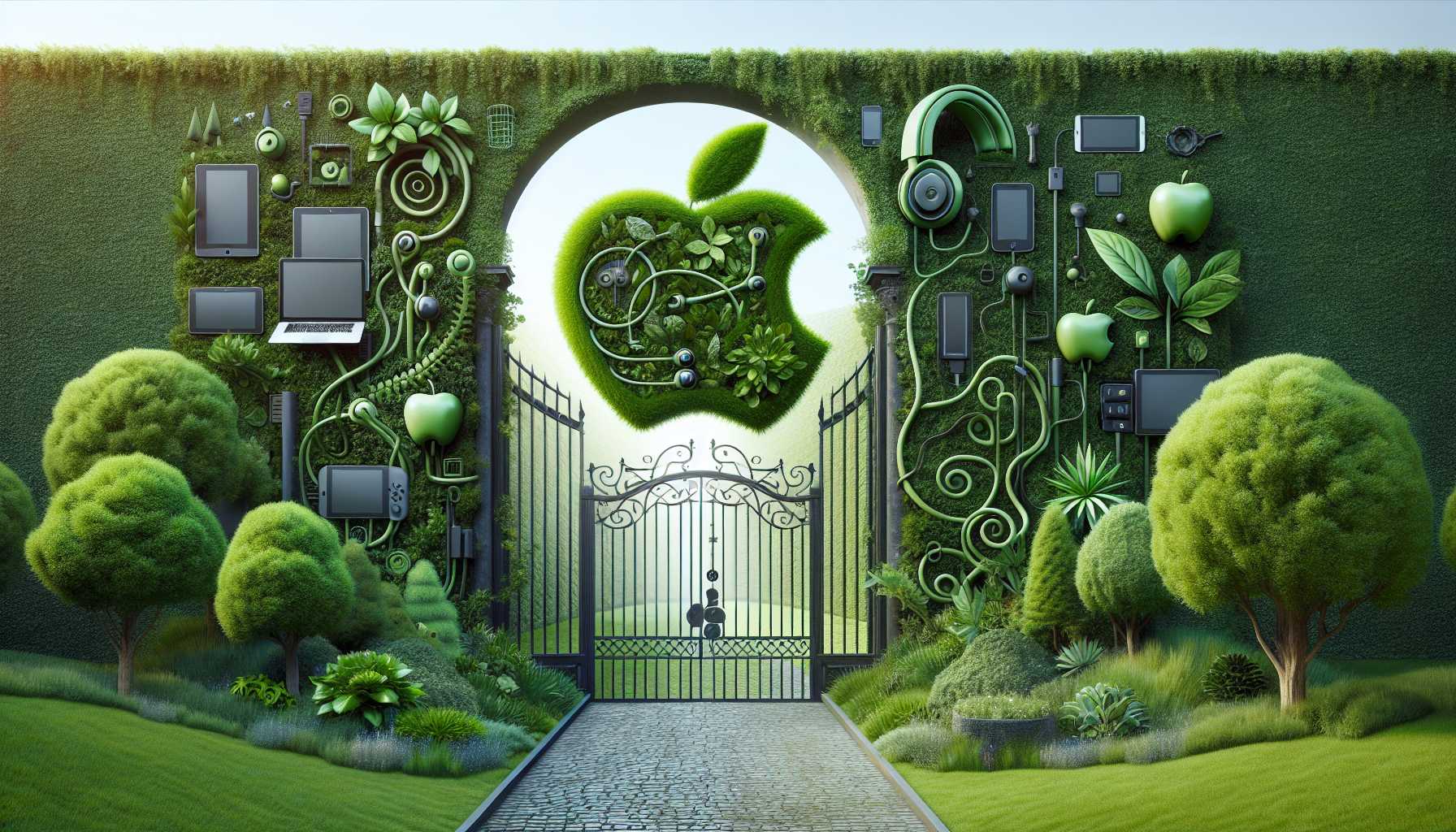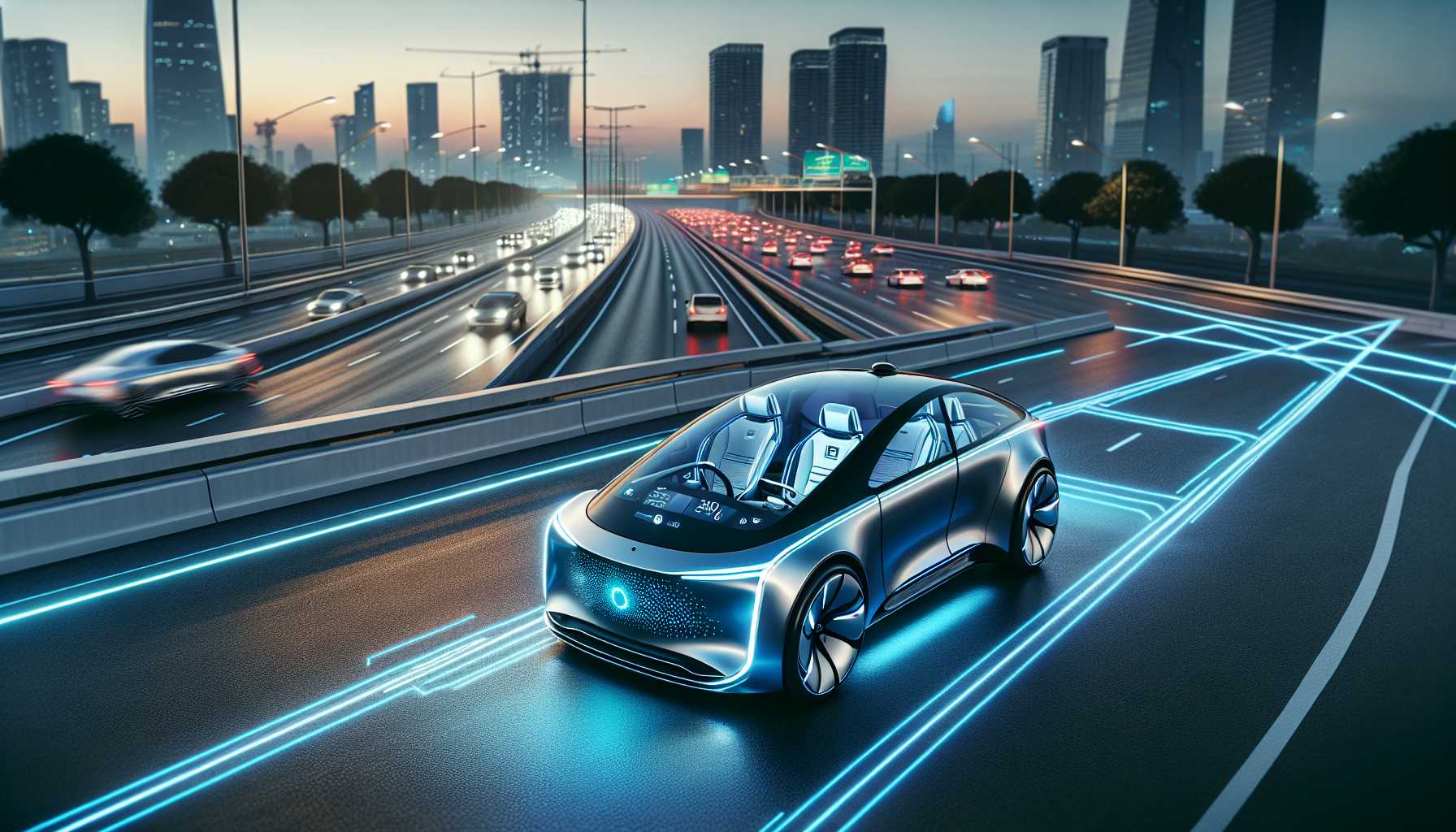A Farewell to Fossil’s Finesse in Wearable Tech
As Fossil retreats from the Android smartwatch frontier, some can’t help but mourn the aesthetic versatility we’re poised to lose. Despite shortcomings in battery life and health tracking – and a less-than-polished experience before Wear OS 3 – Fossil’s departure marks the end of an era for platform-agnostic watches. Their commitment to creating timepieces that were both fashion-forward and technologically inclusive was a rarity that will be sorely missed.
The Power Duo: Google and Samsung’s Wear OS Alliance
The Wear OS ecosystem is now heavily influenced by the Google-Samsung alliance. With the introduction of Wear OS 3, we witnessed a niche being carved out for Android-only users. This shift left Fossil watch wearers straddling a tech divide. The preferential treatment for native devices became increasingly clear, relegating third-party gadgets to second-tier status. It’s a poignant reminder of the difficulties faced by smaller players in a market dominated by giants.
OnePlus Watch 2: The New Challenger?
As we ponder the future of cross-platform wearables, the OnePlus Watch 2 enters the arena. Flaunting superb battery life, dual-frequency GPS, and a palatable price tag, it showcases OnePlus’s intention to fill the vacancy. However, the lack of variety in styles and the pivot from a platform interoperable philosophy reveal a landscape that’s changed irrevocably from Fossil’s time.
Understanding the Pivot to Ecosystem Lock-in with Wearables
The overarching trend in wearable tech is moving towards ecosystem exclusivity. Companies like Mobvoi with TicWatch, and now OnePlus, present compelling alternatives within the Wear OS world, but with recognizable limitations similar to those faced by Fossil. What transpires is a narrowed focus towards keeping consumers within a single ecosystem – a tactic that may dilute the diversity once celebrated in wearable devices.
The Apple Effect: How iPhones Became Just “Phones”
Rewind to 2008, when iPhones promised an internet escape within our palms. Fast forward to today, and Apple’s iPhone has shifted from being a revolutionary device to an almost appliance-like presence. This evolution presents a dilemma for Apple—how to maintain the allure of a device that’s become commonplace amidst a sales shrink. The grip on the market is unyielding, but the propensity to spark genuine excitement seems to be waning.
The Tech Giant’s Garden and Its Walled Future
Apple’s response to fleeting smartphone infatuation has been to insulate its garden, ensuring users remain tethered to its ecosystem. From iMessage exclusivity to app store control, Apple’s strategies aim to maintain hegemony in a saturating market. But as external pressures mount—with antitrust suits and flatter sales—it’s clear that conservation efforts are transitioning from proactive to defensive.
Tesla’s Drive Toward Full Self-Driving in China and its Market Resurgence
Elon Musk’s surprise visit to China proves monumental as Tesla garners provisional approval for its Full Self-Driving tech, catapulting its market standing. Amidst global economic pressures, Tesla’s recent boost exemplifies the intertwining of AI, policy, and auto industries. As believers in Tesla’s long-term vision double down, the EV giant reminds us that ambition oftentimes requires navigating through both regulatory and technological landscapes.
The iPad Air Deal Before the Dawn of a New Generation
In anticipation of the next-gen iPad, Apple incentivizes audiophiles and power users with a significant discount on the current iPad Air. Sporting laptop-like prowess within its slender frame, the iPad Air underscores Apple’s strategic placement of performance and affordability. As tech enthusiasts eagerly await new releases, such offers stimulate the market, reaffirming the cyclical nature of consumer electronics.
Smart Locks: The Keyless Guardians of Modern Homes
The rise of smart locks showcases a push towards blending security with convenience—a reflection of our smart home aspirations. These digital locksmiths not only add robust protection but seamlessly integrate with voice assistants, exemplifying the potential for tech to transform our daily fortresses into fortresses of innovation. In a realm where the lines between novelty and necessity blur, the tech industry continues to navigate through nostalgia, ecosystem dynamics, and the pursuit of seamless integration. The departure of Fossil, Apple’s ongoing strategy, Tesla’s China ventures, and the allure of savvy discounts before revolutionary releases all shape the complex narrative that is today’s tech landscape.

